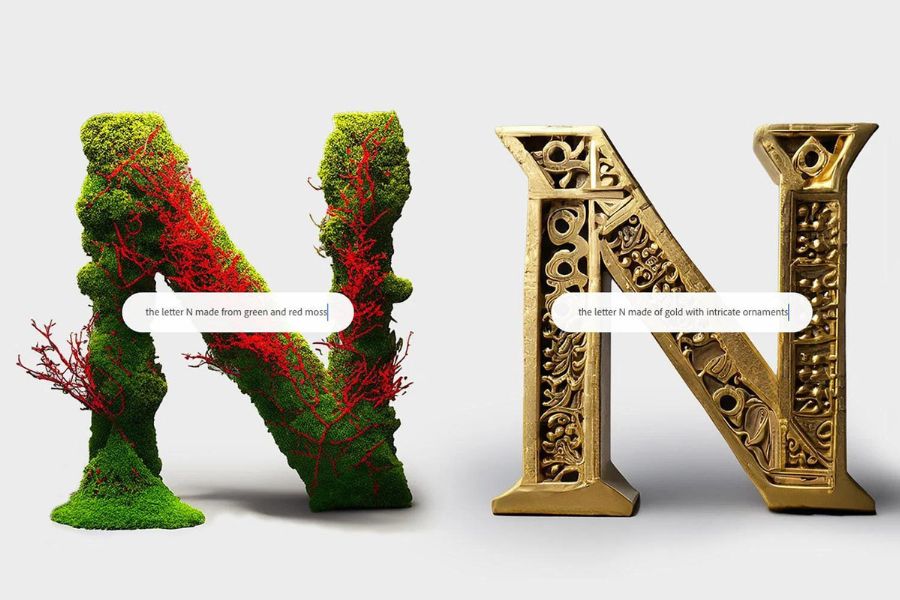This comes after Meta paused its Reels Play program that paid creators monthly bonuses for viewership on short-video content. Launched in 2021 as YouTube established its creator fund and TikTok hit 1 billion monthly active users, Meta’s bonus program was designed to attract short-form video creators as every platform battled for their attention.
TikTok has also launched a creator pay program, acknowledging concerns about low payouts from the platform’s Creator Fund.
Adobe, which launched the new tools this week called Firefly, says ecommerce retailers can use the tool to generate different versions of photos and marketers can use the tool to tweak their campaign in real-time depending on the performance.
With generative AI going through a moment of intense tension around use, ownership, and royalties as brands and creators use these tools, Adobe say Firefly will address these issues by using a combination of assets, technology, and training data from Adobe and other sources.
Firefly is also built with a range of models to cater to customers with varying technical backgrounds and skillsets. These models work across various use cases and are tailored to generate safe and commercially viable content. The first model, which is trained on Adobe Stock images, openly licensed content, and public domain content, focuses on creating images and text effects.
The company also stressed that their vast collection of licensed images will ensure that Firefly does not generate content that infringes on other people's or brands' intellectual property.
For creators that are not keen on their work to be used by Firefly, Adobe will create an embedded "Do Not Train" content credential tag, enabling creators to request that their content not be used to train AI generative models.

The content credentials tag will remain linked to the content regardless of where it is used, published, or stored. In addition, AI-generated content will be appropriately tagged.
“Generative AI is the next evolution of AI-driven creativity and productivity, transforming the conversation between creator and computer into something more natural, intuitive and powerful," said David Wadhwani, president of digital media business at Adobe.











